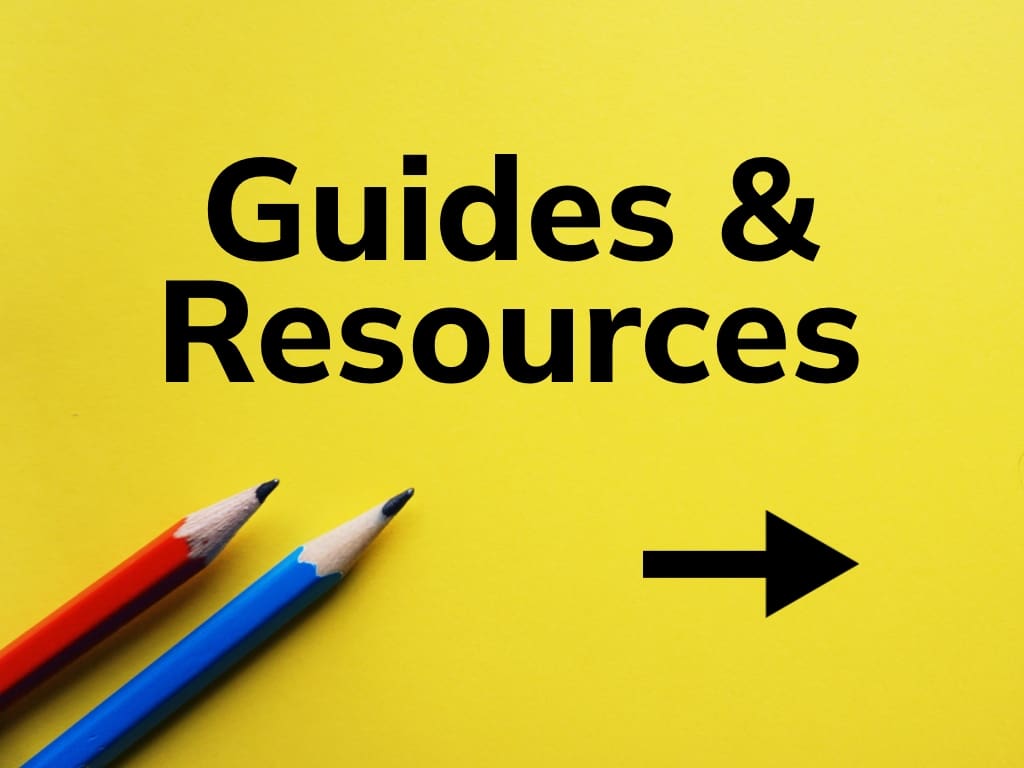
Top Strategies for Effective Communication
Attending parent-teacher conferences is a valuable opportunity for parents to learn about their child’s academic progress and social development. These meetings offer insights into a child’s strengths, areas that might need improvement, and how the home and school can work together to support the student’s education. One way for parents to maximize the benefits of these conferences is by being prepared to engage in a meaningful dialogue with the teacher. This involves understanding the structure of conferences, the types of questions to ask, and how to follow up after the meeting.
Effective parent-teacher conferences are a two-way communication channel where both parties share observations and strategies for a child’s success. To ensure these discussions are fruitful, parents should come equipped with specific questions about their child’s experience and be ready to listen to feedback from the teacher. Being respectful of the teacher’s time by showing up a few minutes early and having a clear agenda can also make a significant impact on the productivity of the meeting.
Parent-teacher conferences are not just a forum for addressing academic performance but also a chance to discuss social and emotional growth. They serve to reinforce the bond between family and school, setting the stage for a collaborative approach to a child’s education. By taking an active role and utilizing these meetings effectively, parents can create a stronger support system for their children, ensuring they have the best possible educational experience.
Understanding Parent-Teacher Conferences
Parent-teacher conferences are a fundamental component of the education system, offering a dedicated time for dialogue about a student’s progress and needs.
The Purpose of Parent-Teacher Conferences
Parent-teacher conferences are opportunities where educators and family members collaborate. These meetings are designed to provide a comprehensive update on the child’s academic and social development within the school environment. They serve as a crucial checkpoint to address concerns, celebrate achievements, and map out strategies for the student’s growth.
The Role of Family in Education
The family’s involvement in education is pivotal. As schools facilitate learning, the family reinforces this at home, thereby creating a supportive and continuous learning experience. Effective parent-teacher conferences are pivotal in empowering families to take an active role, ensuring that students have the benefit of a cohesive approach to their education.
Preparation Strategies for Parents
Effective preparation can transform parent-teacher conferences into invaluable opportunities for both the child’s development and the parent’s understanding of their academic progress. These strategies provide a roadmap for parents to have productive and positive discussions with teachers.
Setting Goals for the Meeting
Parents should establish clear objectives before attending the conference. This may involve reflecting on their child’s strengths and areas for improvement, and deciding what they hope to achieve by the end of the meeting, such as understanding how their child interacts with peers or grasps the curriculum.
Questions to Ask
Arriving with a set of specific questions can guide the conversation and ensure important topics are covered. Parents might consider asking about their child’s participation in class, examples of their child’s work, how homework is assessed, or ways to support learning at home.
Gathering Information Ahead of Time
Before the conference, parents should review their child’s recent homework, tests, and any reports or assessments provided by the school. This helps them to discuss their child’s academic performance with specific examples and facilitates a more detailed conversation about their child’s educational experience.
Maximizing the Meeting
To foster a successful parent-teacher conference, it’s critical to arrive prepared with a clear agenda that encourages a constructive dialogue. This helps ensure that one can fully understand their child’s academic journey, assess their social and emotional development, and provide the right kind of support at home.
Effective Communication Tips
- Be Timely: Arriving on time for the conference signifies respect for the teacher’s schedule and demonstrates one’s commitment to the child’s education.
- Ask Specific Questions: Inquiring about particular aspects of the child’s academic experience can yield more productive outcomes from the conversation.
Understanding Your Child’s Academic Performance
- Review Grades and Progress: Examine the student’s latest assignments and test scores, discussing any noticeable trends or areas of concern.
- Set Academic Goals: Together with the teacher, outline realistic and achievable targets for the child, focusing on enhancing their strengths and addressing any weaknesses.
Addressing Social and Emotional Development
- Observe Classroom Behavior: Teachers can provide valuable insights into how the child interacts with peers and manages emotions during class.
- Develop a Support Plan: If challenges are identified, one can collaborate with the teacher to create a strategy aimed at improving social emotional wellness, both in school and at home.
Follow-Up After the Conference
After a parent-teacher conference, the most crucial steps are taken to ensure that the dialogue continues and becomes a bridge to a child’s success. Follow-up activities focus on creating a practical action plan, establishing ongoing communication, and reinforcing educational efforts at home.
Creating an Action Plan
Immediately following the conference, parents should draft an action plan that outlines specific steps for improvement. This plan may include goals for the child, resources needed, and a timeline for reassessment. It’s important to involve the child in this process to ensure they understand and are invested in their own progress.
Continued Communication with Teachers
Parents are encouraged to maintain open lines of communication with teachers through email and phone calls. Consistent communication allows for monitoring the child’s progress and quickly addressing any new challenges that may arise. An initial follow-up message thanking the teacher for their time and reiterating the action points can set a cooperative tone.
Supporting Your Child at Home
At home, parents play a vital role in their child’s education by establishing steady routines and offering support. Checking in on homework, providing a structured environment, and celebrating small victories can make a considerable difference. This helps the child to develop a sense of responsibility and reinforces the concept that parents and teachers are partners in their education.
Additional Resources for Parents
Parents can reinforce their children’s academic journey by utilizing a range of resources designed to support family engagement in education. The following resources offer parents valuable insights into effective partnerships with schools and ways to further their child’s learning at home.
Harvard Family Research Project
The Harvard Family Research Project provides parents with a robust array of research-based practices for engaging with their child’s education. Parents are encouraged to explore its studies and publications, which focus on strategies that enhance the collaboration between schools and families.
Educational Tools and Parenting Tips
For practical guidance, parents may access A Grade Ahead’s blog that advises on the best ways to make the most of parent-teacher interactions. It highlights tailored parenting tips that assist with preparations for conferences, and offers educational tools that align with the school’s curriculum to provide support at home.



